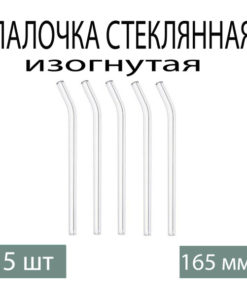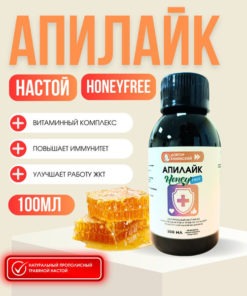-
×
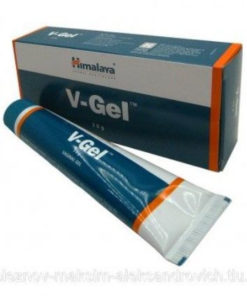 V-Gel Vaginal Gel (2 x 30g)
1 × $19.00
V-Gel Vaginal Gel (2 x 30g)
1 × $19.00 -
×
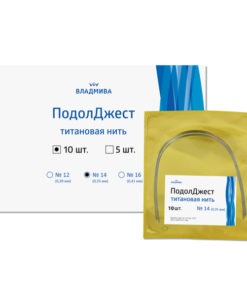 VladMiVa Podolgest Titanium Thread 14 (0.35mm) - 10 Pieces
1 × $79.00
VladMiVa Podolgest Titanium Thread 14 (0.35mm) - 10 Pieces
1 × $79.00 -
×
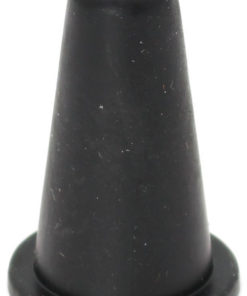 CE6-35 BK Protective Caps (50 Pack)
1 × $39.00
CE6-35 BK Protective Caps (50 Pack)
1 × $39.00
Subtotal: $137.00
 Free worldwide shipping on orders $99+
Free worldwide shipping on orders $99+  US: temporary delays — postal services aligning new import rules,
US: temporary delays — postal services aligning new import rules,  EU: 1–2 weeks,
EU: 1–2 weeks,  Worldwide: 1–4 weeks
Worldwide: 1–4 weeks 





